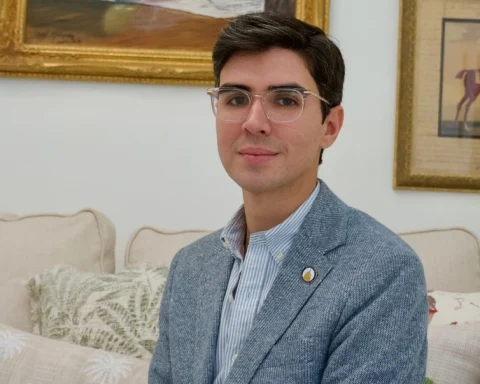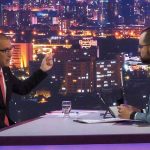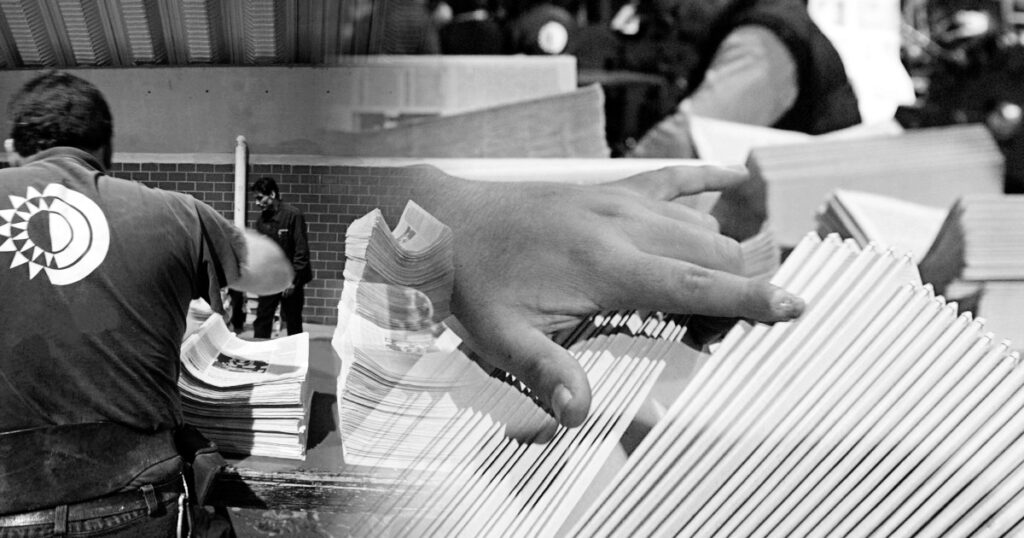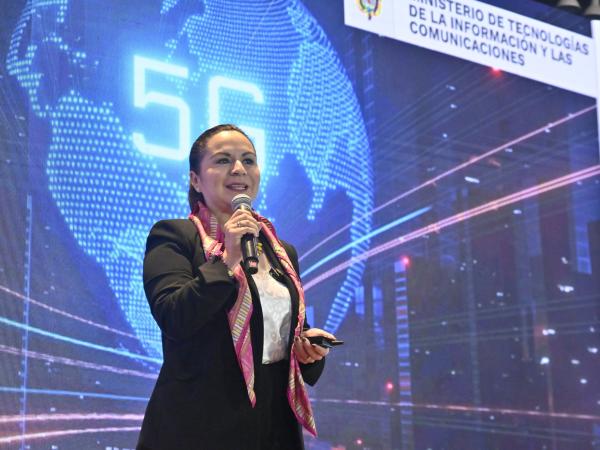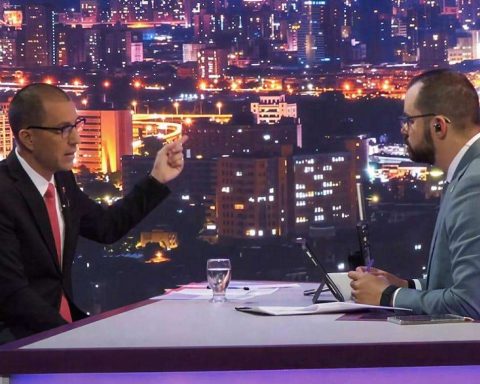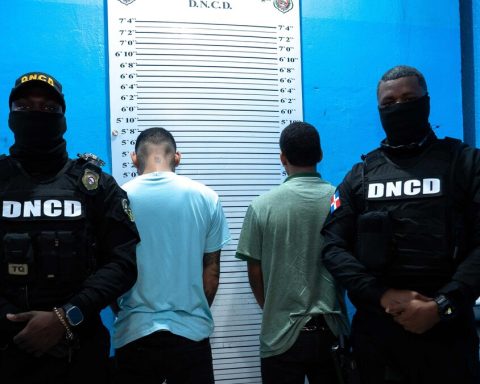LAS TUNAS, Cuba. — Yes. These days of bad memories from the second half of March for all those Cuban families who lost their small businesses during the so-called “revolutionary offensive.” If now, and as a result of a crisis whose end is not in sight, the Communist Party of Cuba (PCC), with Miguel Diaz-Canel at the forefront, intends to stimulate self-employment with a persuasive and guarantor speech to create small and medium-sized private companies with family and associate capital, 55 years ago the words against the now called “entrepreneurs” were threateningly aggressive and would end up becoming deeds expropriating.
Taking as a pretext the eleventh anniversary of the assault on the presidential palace, on the steps of the University of Havana, on March 13, 1968, Fidel Castro gave a long speech where he exposed the results of investigations carried out by members of the PCC on self-employment. throughout the country, mentioning particularities of those trade unions in Havana, where, according to what he said, there were 955 bars “earning money by troche and moche,” and with bad conduct, well, according to the investigations of the PCC and the Committee for the Defense of Revolution (CDR), 72% of the owners of these establishments maintained an attitude “contrary to our revolutionary process”, while 66% of the customers who frequented them were “antisocial elements”, arguing, furthermore, that the drinks and other supplies sold in those places were obtained illegally, and that the recommendation made by the investigators was to intervene in those bars.
Regarding the businesses, Fidel Castro said that, according to the investigations, of the 6,452 businesses surveyed in Havana, 1,819 lacked authorization, so they were “illegal,” and practically half of all of them had “regular or poor hygienic conditions. But, in reality, those were pure tricks: the real objective was to eliminate all vestiges of private property in Cuba with economic power, then with the power of convocation, that is to say, political power.
In the chameleonic discourse of the PCC, it would be necessary to see how today Miguel Díaz-Canel would call entrepreneurs, who while doing their own job in Cuba seek to emigrate, for example, through Spanish citizenship or a sponsor that serves them as guarantor to obtain a humanitarian parole in the United States. If Díaz-Canel, as he himself says, is a “follower” of Fidel Castro, then he will call these people “stateless”.
In the speech of March 13, 1968, which would serve as a public preamble to the hunt for self-employed workers called “revolutionary offensive”referring to the owners of small businesses, Fidel Castro called them “future stateless people”, affirming categorically that of the 8,508 “individuals” investigated (only in Havana) 499 had or had requested permission to leave the country, referring that the “fritta stalls and other similar timbiriches” were operated by a large number of “individuals trying to leave the country”.
If Castro-communism cemented the totalitarian regime through the laws of 1959 and 1962 of supposed “agrarian reform” —which would make most of the country’s land pass from private hands to the state monopoly—, as well as the laws that expropriated all the industries, factories, wholesale warehouses, chain stores, ports, airports and all import and export commerce, the peak of the dictatorial State would take shape when small property was absorbed by the government administration, as Fidel Castro said when he did 55 years old expressed: “In a clear and conclusive way we must say that we propose to eliminate all manifestations of private commerce”, affirming: “It must be said that neither commerce nor self-employment nor private industry nor private industry will have a future in this country. nothing”.
Now the current communist leaders who claim to be the “continuity” of Fidel Castro, forgetting when he said “gentlemen, there was no revolution here to establish the right to trade”, they try to make us believe that in Cuba, a totalitarian one-party regime , private property is possible without political interference from the State. Gentlemen… you forget that the chameleon can change color, but not shape.
OPINION ARTICLE
The opinions expressed in this article are the sole responsibility of the person who issues them and do not necessarily represent the opinion of CubaNet.



